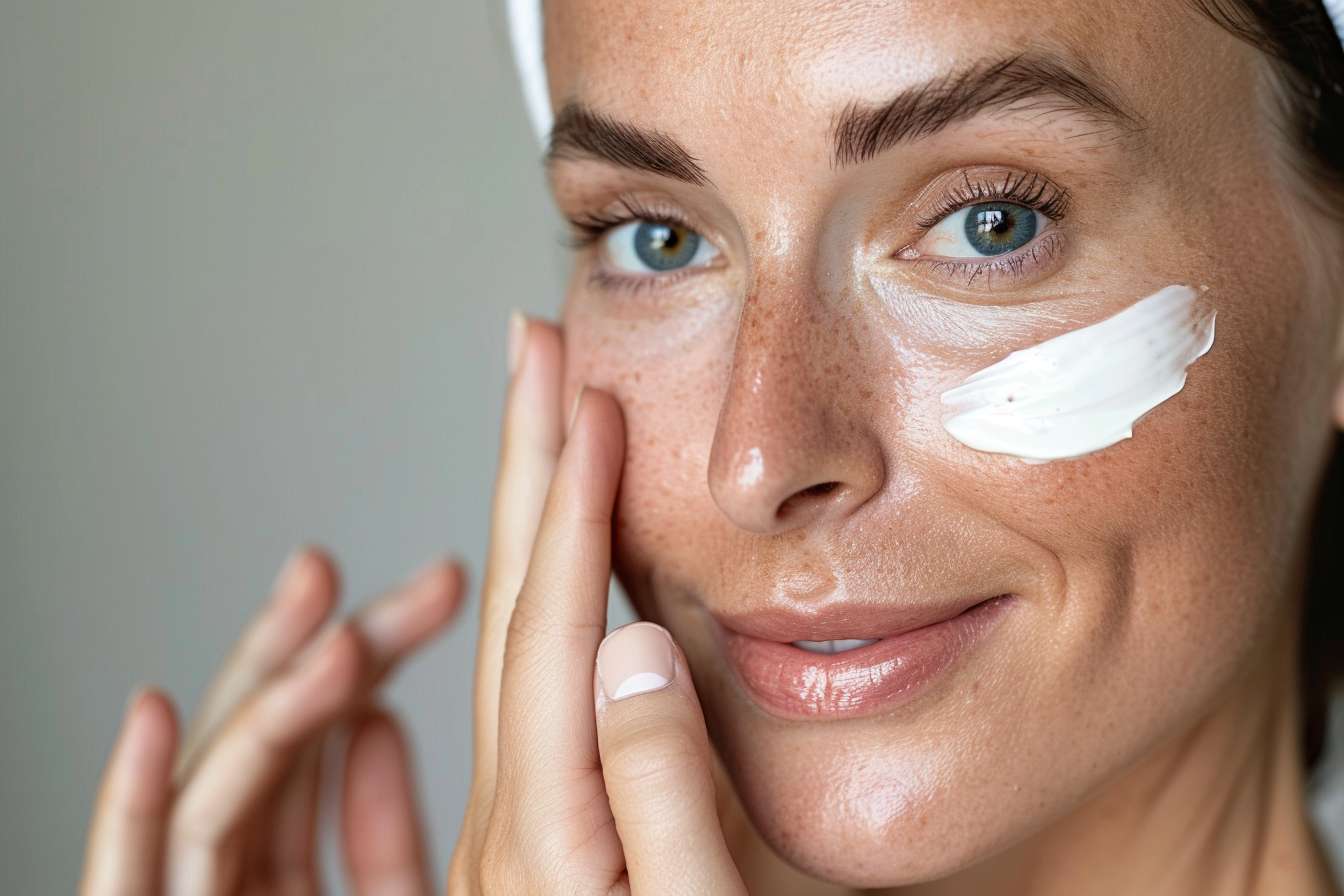Do Wrinkle Creams Really Improve Aging Skin?
Curious whether wrinkle creams live up to their anti-aging claims? This guide breaks down how ingredients like retinoids, peptides, antioxidants, and hyaluronic acid work, who is most likely to see results, and the realistic limits of topical treatments. Learn how to choose products, when to expect change, and why consistency, SPF, and professional advice matter for smoother, healthier-looking skin.

As skin ages, it loses moisture, elasticity, and cellular turnover, which often leads to fine lines and deeper wrinkles. The beauty industry has responded with countless topical anti-aging products, but how much can a jar of cream genuinely change the look of aging skin? Below is a practical look at what wrinkle creams can — and cannot — do, why results vary, and how to pick a product that suits you.
How wrinkle creams say they work
Most wrinkle creams rely on a blend of active ingredients, each targeting a different contributor to visible aging:
-
Retinoids: These vitamin A derivatives accelerate skin cell turnover and stimulate collagen production. Over time, they can improve texture and reduce the appearance of fine lines, though they may cause irritation at first.
-
Peptides: Short chains of amino acids that are marketed to cue the skin into producing more collagen and improving firmness and surface smoothness.
-
Antioxidants: Compounds like vitamin C and vitamin E neutralize free radicals produced by UV exposure and pollution, helping to limit further damage to skin structure and tone.
-
Hyaluronic acid: A humectant that binds water to the skin, temporarily plumping the surface and reducing the look of fine lines by improving hydration.
Combined, these ingredients aim to hydrate, protect, and subtly remodel the skin’s outer layers, creating a healthier, more even appearance.
Who is most likely to see benefits?
Not everyone will experience the same degree of improvement. Several variables determine how effective a wrinkle cream may be for you:
-
Skin type: Dry, oily, combination, and sensitive skin all respond differently. For example, a rich cream may help dry skin but clog pores on oilier types.
-
Age and existing damage: Early prevention and treating superficial lines generally show better results than trying to reverse deep, long-established wrinkles.
-
Consistency: Most topical actives require regular, long-term use to show measurable benefits. Sporadic application limits results.
-
Concentration and formulation: The amount of active ingredient and how well the formula delivers it into the skin influence outcomes. Higher concentrations can be more effective but also increase irritation risk.
-
Individual skin chemistry and sensitivity: Genetic factors, underlying skin conditions, and sensitivity determine how your skin tolerates and responds to different ingredients.
Because of these differences, what works well for one person may do little for another; experimentation and patch testing are often necessary.
Important limitations to understand
Wrinkle creams offer real advantages, but they aren’t a cure-all. Keep these realistic boundaries in mind:
-
Surface-level action: Topicals primarily affect the epidermis and superficial dermis. They cannot fully reverse structural aging such as significant collagen loss or deep wrinkles.
-
Temporary effects: Moisture-binding ingredients can visibly plump the skin, but that plumping fades unless the product is used consistently.
-
Slow progress: Unlike injections or surgical options, creams deliver gradual, subtle improvement. Expect weeks to months to notice change.
-
Prevention rather than reversal: Many actives are better at preventing future damage than erasing long-established signs of aging.
How to choose an effective wrinkle cream
Selecting the right product comes down to matching ingredients, strengths, and formulation to your needs:
-
Check the ingredient list: Look for proven actives like retinoids, peptides, antioxidants (vitamin C, E), and hyaluronic acid.
-
Match your skin type: Non-comedogenic, water-based formulas often suit oily or acne-prone skin, while richer creams or oils can help dry skin.
-
Include sun protection: Daily SPF is one of the most powerful anti-aging steps. Choose daytime products with SPF or layer sunscreen over your moisturizer.
-
Consider concentration and tolerance: Start with lower concentrations of retinoids or acids if you have sensitive skin, and increase gradually as tolerated.
-
Research brand credibility: Established brands that support their claims with clinical research and transparent ingredient lists are safer bets.
Examples to consider
| Product Name | Key Ingredients | Suitable For | Estimated Price Range |
|---|---|---|---|
| RetinolRX Advanced | Retinol, Hyaluronic Acid | All Skin Types | $50 - $75 |
| HydraPlump Pro | Peptides, Ceramides | Dry to Normal Skin | $60 - $90 |
| C-Bright Renewal | Vitamin C, Niacinamide | Combination to Oily Skin | $40 - $65 |
| SensitiveSkin Repair | Bakuchiol, Squalane | Sensitive Skin | $55 - $80 |
| AgeDefense Ultra | Retinol, Peptides, Antioxidants | Mature Skin | $70 - $100 |
Prices, rates, or cost estimates mentioned in this article are based on the latest available information but may change over time. Independent research is advised before making financial decisions.
Final considerations
Wrinkle creams can be a useful component of an anti-aging routine, particularly for prevention, improving hydration, and producing modest textural improvements over time. For deeper wrinkles or more dramatic change, professional options such as prescription retinoids, laser treatments, microneedling, injectables, or surgical procedures may be more effective. Always balance expectations with the realistic capabilities of topical products.
If you have persistent concerns, sensitive skin, or significant photoaging, consult a dermatologist to explore targeted treatments and prescription-strength options. Meanwhile, consistent use of clinically backed ingredients, daily sun protection, a balanced diet, adequate sleep, and avoiding tobacco will maximize your skin’s health and appearance.
This article is for informational purposes only and should not be considered medical advice. Please consult a qualified healthcare professional for personalized guidance and treatment.




